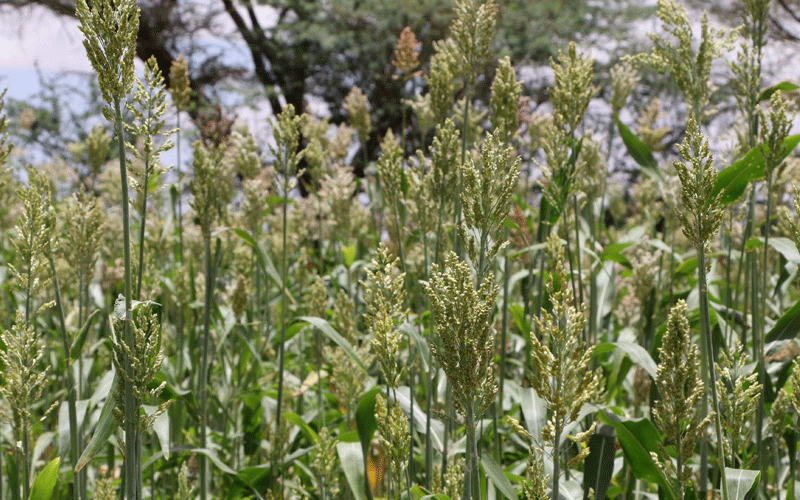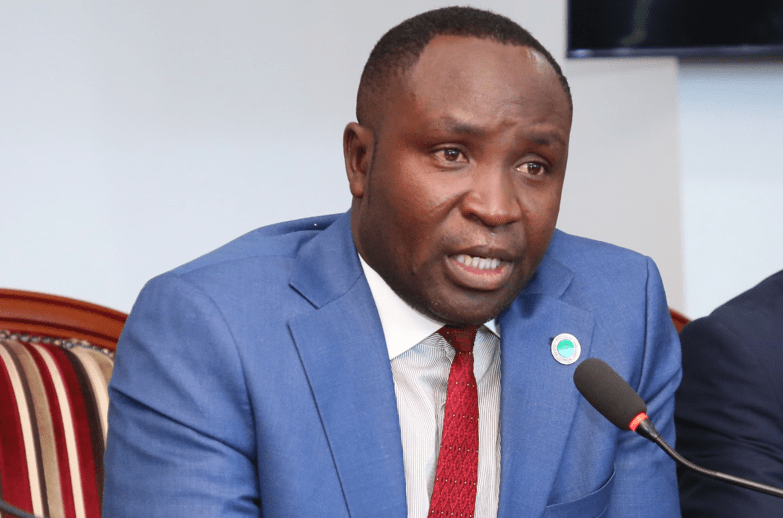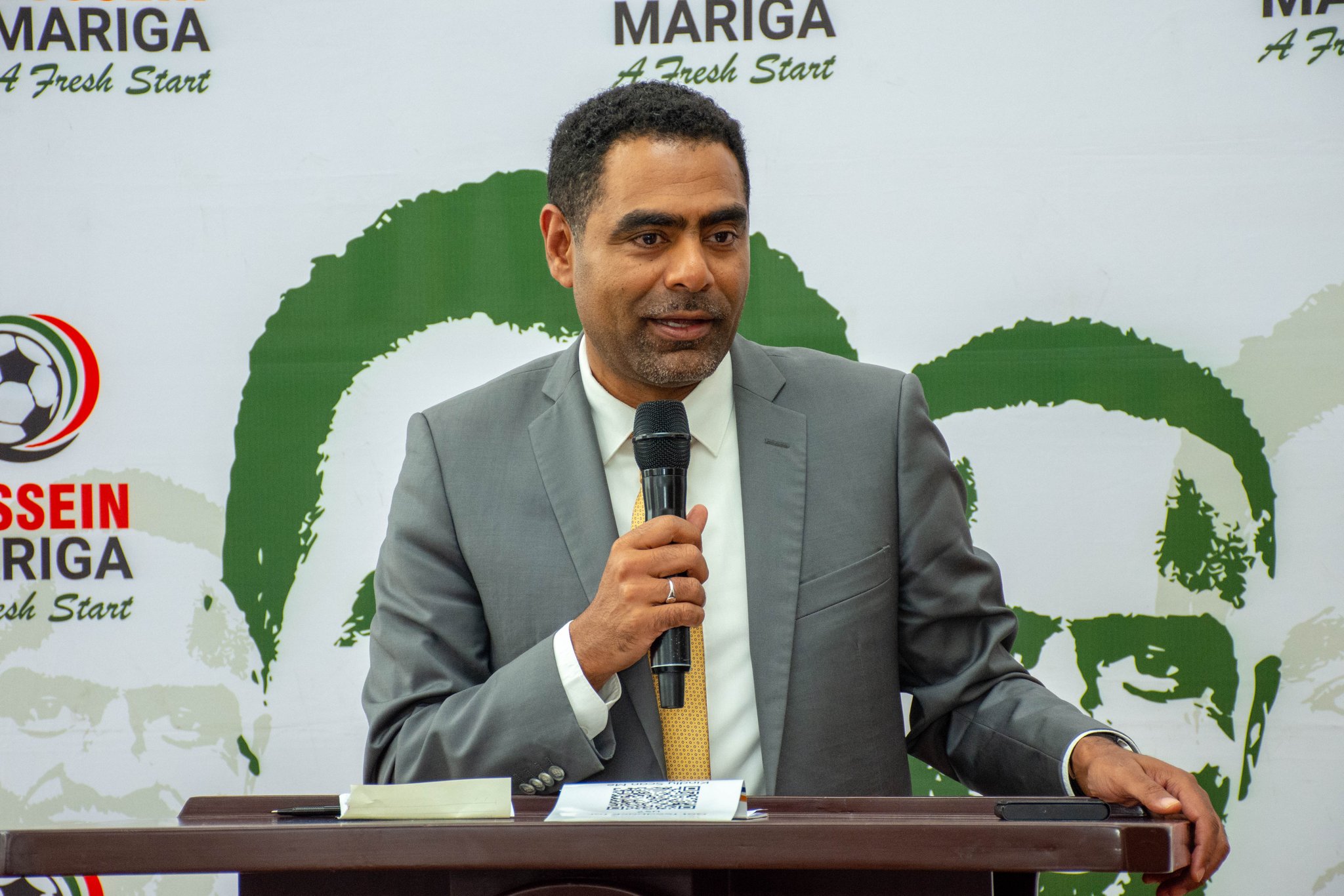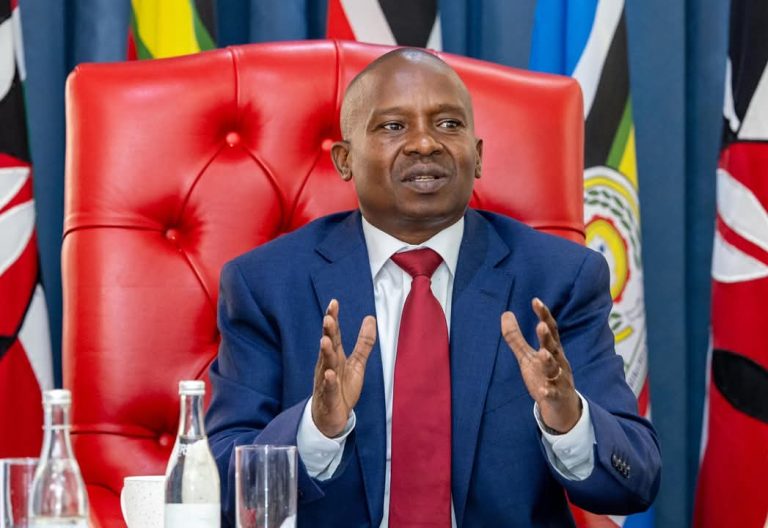Munya making laudable strides in Agriculture sector

Agriculture CS Peter Munya, seemed out of step when he was appointed to the Ministry of Agriculture in January 2020.
His initial missteps inspired little confidence in his ability to manage one of the most controversial ministerial dockets.
However, developments in that ministry todate suggest a man who has found his feet, and a purpose, and concentrating on delivering results.
He met the crisis of locusts in full bloom, a crisis that saw off his predecessor, Mwangi Kiunjuri.
It had been forecast that the locust infestation in Kenya would achieve Armageddon proportions during the just ended long rains.
But the Ministry has been busy containing the spread, especially in food growing areas of Kenya.
More resources have been deployed towards ground and aerial spraying.
Food security has been another big worry, especially because of the Covid-19 crisis.
However, one of the unappreciated major developments during this period has been the availability of food of all types, from cereals, pulses, vegetables and fruits.
Further, food prices have remained relatively stable. To add to the good news, Munya’s update in July on Kenya’s food situation demonstrated that the country is enjoying food surpluses.
The exception is maize, as the country strategic reserves have been rendered unfit for human consumption due to aflatoxin contamination.
The CS has allowed a limited importation by millers themselves, bypassing brokers and cartels, to bridge the deficit until the maize harvesting season starts in August 2020.
The even better news is that the country is experiencing a bumper harvest. Despite the floods, most production has not been affected.
Well, as the CS overseeing this positive development, he can take credit in securing Kenya during this crisis.
Munya must now secure the food. Ensure farmers are paid for all deliveries to Government stores promptly.
Short rains are about to start, and farmers have started preparing their land. He must ensure inputs are widely and cheaply available.
The kind of crisis that was visited on tea farmers in a devastating move to throw them under the bus by Kenya Tea Development Agency refusing to import fertilizer should not be allowed again under his watch.
He must also tackle food storage. It is completely unconscionable that Kenya’s food stocks can be destroyed by aflatoxin contamination.
The bumper harvest expected this season must be properly secured.
Munya has taken on cartels in the tea sector. For the longest time, successive agriculture ministers shied away from the brutal spade work needed to break the exploitative chains that have tied tea farmers to KTDA for decades.
It is the first time that any agriculture minister has made a determined effort to break this grip.
Munya has already instituted a committee with a specific timeframe to push through the reforms.
Of course, KTDA is not going down quietly, and is trying to turn back the clock. But these are the last kicks of a dying horse.
The CS has many options to break up KTDA.
The industrywide audit ordered by President Uhuru Kenyatta in January 2020 as to how KTDA has managed, or mismanaged, farmers’ earnings over the years is still ongoing.
Further, the CS still has the option of using the resurgent Competition Authority of Kenya to break up KTDA’s monopoly should it come to that.
If one was to advise KTDA, they are better off suing for peace, and trying to negotiate an exit that insulates them from any possible civil or criminal liability.
The CS has also decided to try an innovative approach to solving the intractable problem of the publicly owned sugar factories in Kenya.
It’s now clear that these companies will never be sold off after numerous attempts over the last 25 years floundered due to interference by politicians and sugar barons.
Munya’s leasing approach towards bringing private sector investment into these dilapidated and obsolete sugar factories is a shot in the dark, but at least, he is willing to try something new.
Hopefully, he can continue chalking up successes in what is one of the most critical ministries in Kenya. – [email protected]











